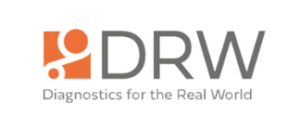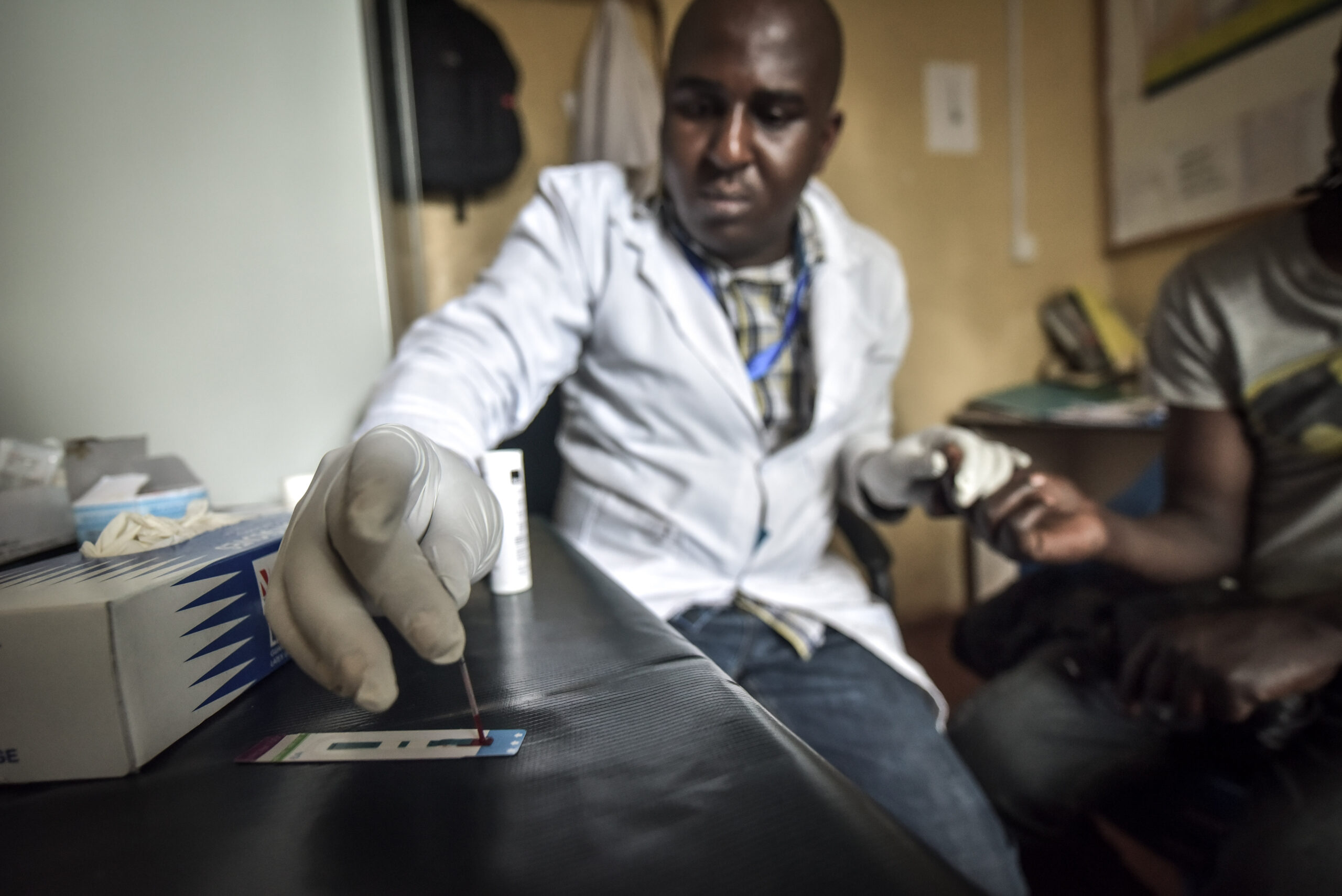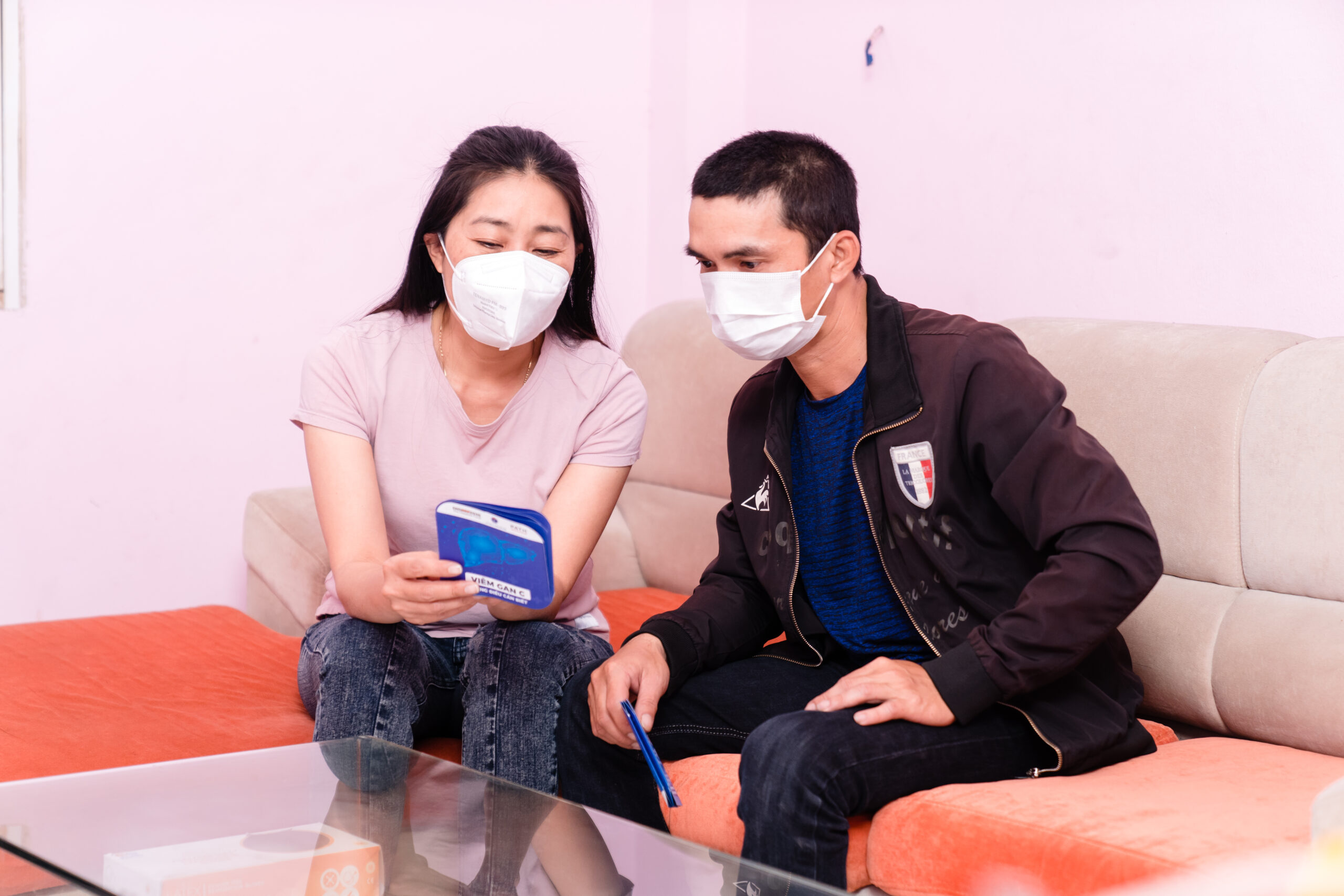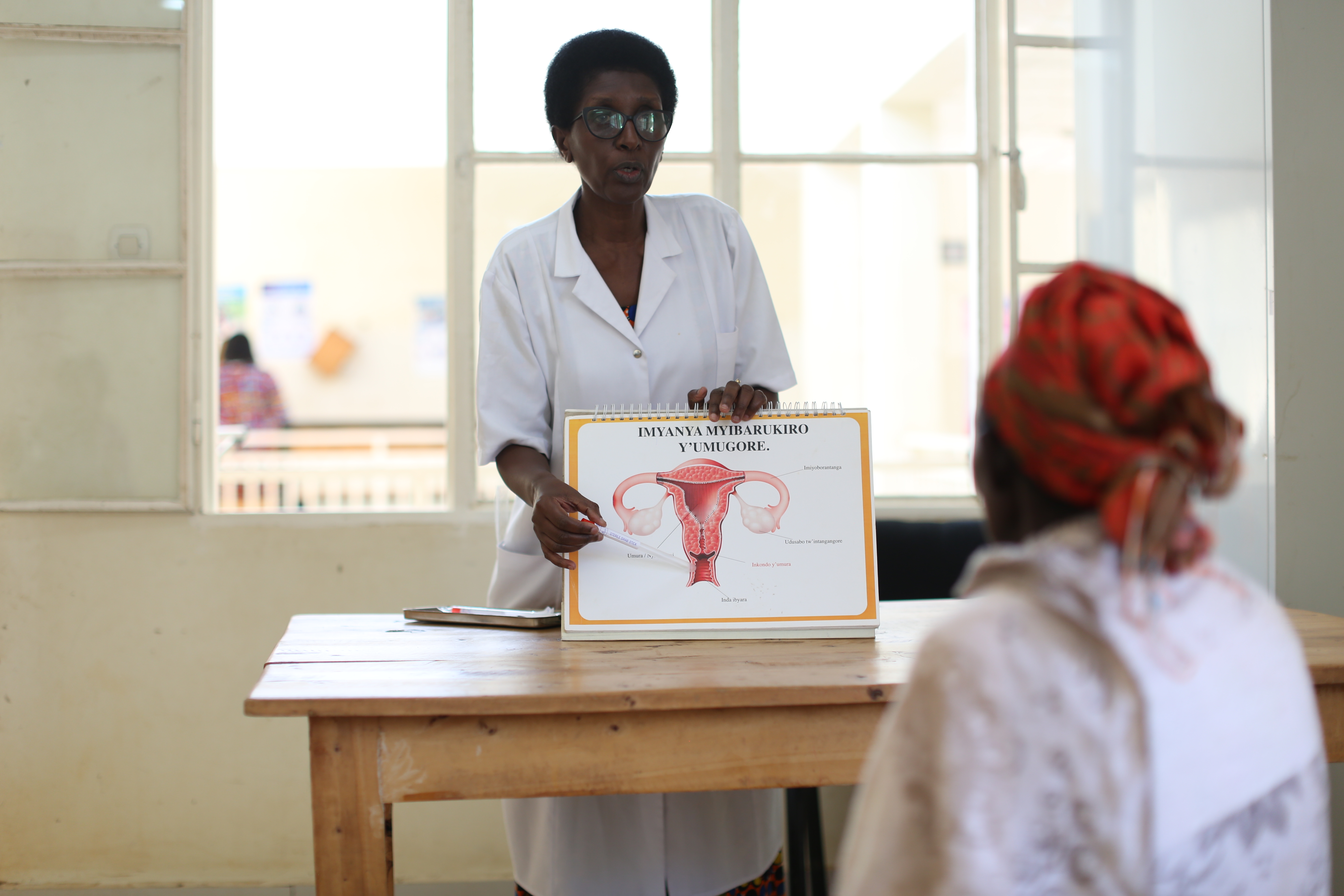The problem
When this program began, only about half of all people living with HIV knew their HIV status and therefore had no access to treatment. Access to testing was limited and often required samples to be sent off to a central laboratory, which caused some 30-80% of people to be lost to follow up.
Download the project evaluation
Our response
The Simple AMplification Based Assay system, or SAMBA, is a point-of-care diagnostic platform for viral load monitoring, acute infection testing and early infant diagnosis specifically designed for resource-limited areas.
With our support, this project successfully introduced the new diagnostic and monitoring tool for HIV in children in six high HIV burden countries in Africa. Efforts supported market preparation including in-country product approvals, stringent regulatory approvals, impact evaluation studies, early implementation, and capacity building.




